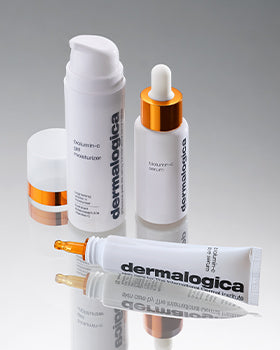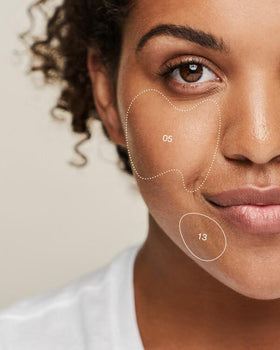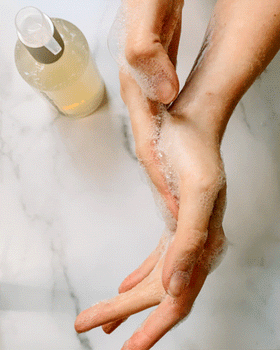As the temperatures rise in the southern hemisphere, off we head, swimsuit (and hopefully sunscreen) in hand, to the closest beach, pool or lake we can find. No harm in a quick dip right? Well, not exactly!
An Ocean Swim
Rich in trace elements and minerals, and with a composition not dissimilar to human blood plasma, seawater, arguably, has many unique healing properties for the skin. Many skin health benefits are specifically attributed to the Dead Sea, such as treatment for eczema, psoriasis and other extreme, dry skin conditions. Yet it is important to note that these benefits do not come from “salt” or sodium chloride, but from the high magnesium levels found in this body of water.
Nonetheless, it’s not all good news. Salts in high quantities can be the skin-drying scourge of the summer flesh baring masses. Diluted salt is almost impossible to remove from the skin with lye based soap or non-foaming wash, so even after showering, traces of salt deposits may remain on the skin, absorbing essential moisture. Couple this with excessive sun exposure and you have a dehydrated skin with an impaired barrier function – never a great combination!
A Day at the Pool
Chlorine is a toxic chemical; it has been used in water systems to combat disease for over 100 years. It is a necessary component of swimming pools and hot tubs, due to its disinfectant qualities. Chlorine’s harsh composition strips the skin of its natural lipids, therefore exacerbating moisture loss in the skin that leads to dehydration. Showering immediately after exposure can help to reduce the moisture loss by ensuring the skin does not suffer prolonged contact.
Another potential risk of chlorine exposure is skin irritation. While technically water proof, our skin has the capacity to absorb chemicals from water sources. This means that low level exposure to chlorine, as found in swimming pools, can cause skin irritation in the form of contact dermatitis. Wetting the skin with non-chlorinated water prior to exposure can lessen the amount that can be absorbed and lower the risk of irritation.
Proactive Post-Dip Tips

Final tip about swimming this summer- don’t swallow the water!



